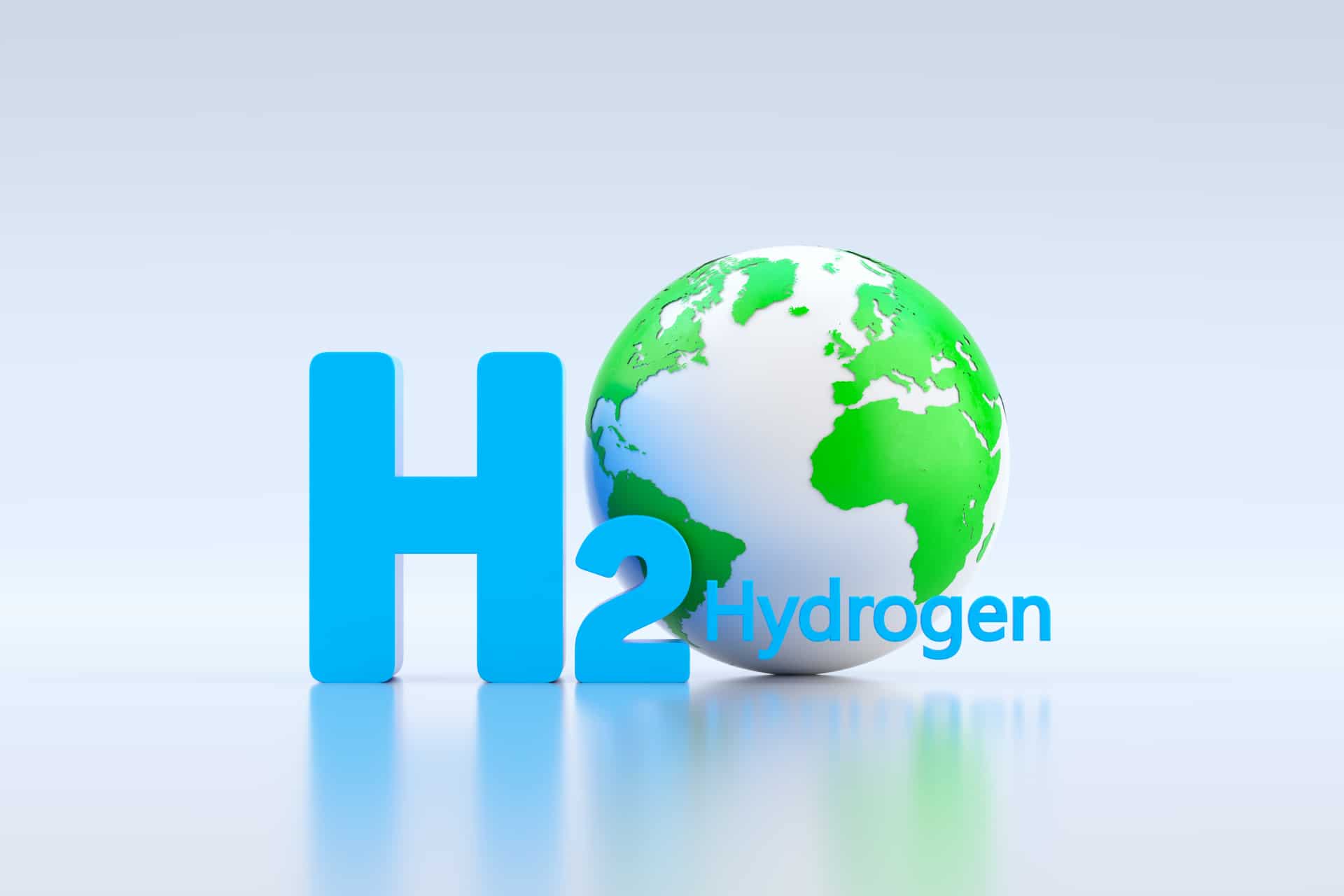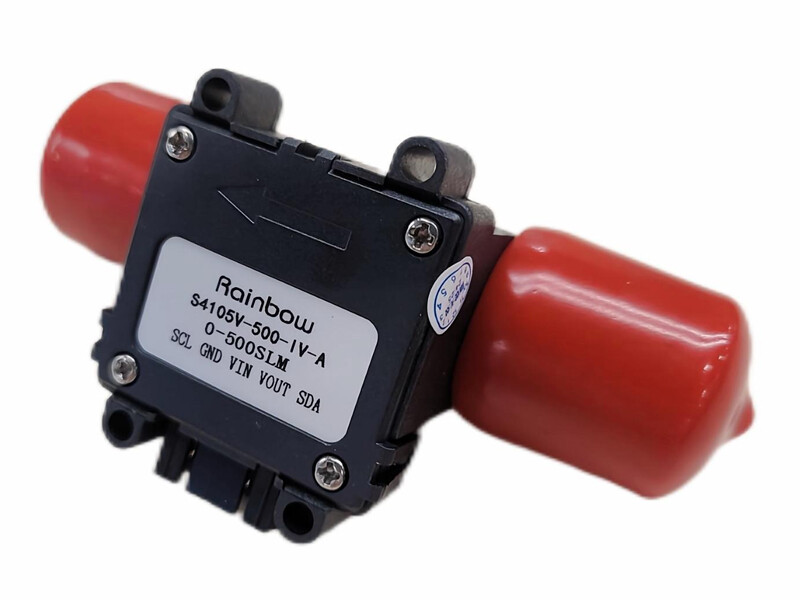APPLICATION
Focusing on MEMS sensors and AI algorithms.

Mass flow sensors are essential components in Fuel Cell Systems, measuring the air going into fuel cells, and ensuring precise measurement and control of gas flow rates, particularly for hydrogen and oxygen.
Fuel cells require a precise balance of reactants, including the right amount of air for the electrochemical reaction that generates electricity.
Rainbow's mass flow sensor with wide range:
12SLPM, 20SLPM, 35SLPM, 50SLPM, 100SLPM, 150SLPM, 200SLPM, 300SLPM, 500SLPM, 950SLPM
Analog output or I2C output.
What is a fuel cell?
A fuel cell is an electrochemical device that converts chemical energy from a fuel into electricity through a chemical reaction with oxygen or another oxidizing agent. Fuel cells are different from batteries in that they require a continuous source of fuel and oxygen to sustain the chemical reaction, whereas batteries store energy chemically in a closed system. The technology provides a clean and reliable alternative source of power in a growing number of applications.
How fuel cell work?
Fuel cells work by converting chemical energy directly into electrical energy through a series of electrochemical reactions.
Fuel cells can continuously generate electricity as long as they have a supply of hydrogen and oxygen, making them a reliable and sustainable source of power.

GOT ANY QUESTIONS
If you have something on your mind, just let us know!
We are more than happy to answer all your inquiries.

For inquiries about our products or pricelist, please leave your email to us and we will be in touch within 24 hours.
Add: No.9999 Jingshi Road, Lixia District, Jinan City, Shandong Province, China
USA Research Center
Add:2455 South Rd, Poughkeepsie, NY 12601 USA
By clicking "Allow All", you agree to the storage of cookies on your device to enhance site navigation, analyze site usage and assist with our marketing efforts. Cookie Notice